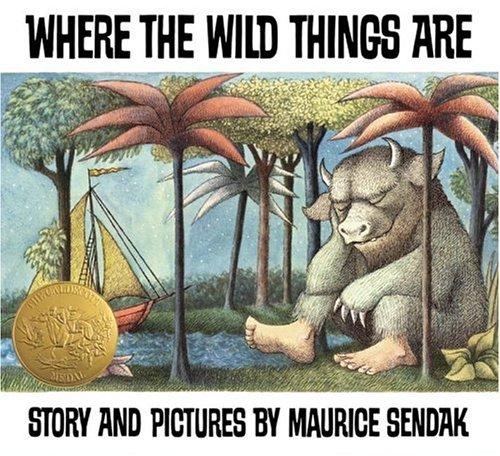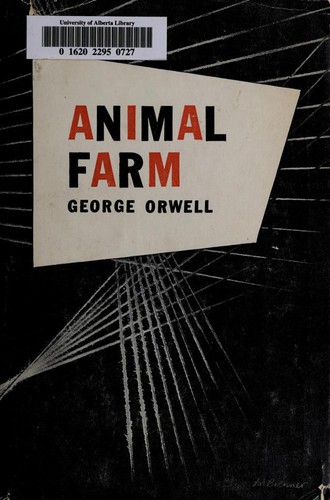Begin Began Begun
[A2] Begin Began Begun: English verb usage explained. Learn how to use begin, began, and begun correctly in everyday English with examples and common irregularities.
Begin forms
“Begin” is an irregular verb with three key forms: the base form begin, the past simple began, and the past participle begun. Use begin for present and infinitives, began for finished past events, and begun with auxiliary verbs to build perfect tenses and passive voice. Learning which situations need began versus begun is the main point of this set.
Which set lists the three main forms of the verb 'begin' correctly?
Base: begin
Use begin for the present tense with I, you, we, they, and after modals like will, can, should. It also appears in the infinitive to begin and in the -ing form beginning for progressive tenses. The base form does not show past time by itself.
Past: began
Use began as the simple past form for actions that started in the past and are viewed as completed or as a past fact. It does not need an auxiliary verb and should not follow have or be. If you can replace the verb with another simple past form like went or saw, began usually fits.
Participle: begun
Use begun as the past participle, which requires an auxiliary such as have, has, had, or be. It commonly appears in perfect tenses to connect a past start to another time reference. Begun cannot stand alone as the main verb without an auxiliary.
Perfect tenses
Use have or has with begun to form the present perfect when the start matters now, or when the exact time is not the focus. Use had with begun for the past perfect when one past start happened before another past event. The auxiliary carries the tense, and begun stays the participle.
Subject | Form | Example |
|---|---|---|
Progressive forms
Use beginning with be to show an action in progress: am, is, are beginning in the present; was, were beginning in the past. This focuses on the process of starting rather than the fact that it started. Beginning is not interchangeable with began or begun because it expresses ongoing action.
Passive voice
Use begun with be to form the passive when the subject receives the action of starting. This is common in formal or informational writing about events, projects, or processes. The agent can be omitted if it is unknown or unimportant.
Rule | Example |
|---|---|
Choose the grammatically correct passive sentence.
Time markers
Certain time expressions strongly suggest a specific form. Simple past markers like yesterday or last night usually go with began. Perfect markers like already, just, and yet often go with have begun or had begun, depending on the time frame.
Rule | Example |
|---|---|
Which sentence correctly matches the time marker 'already' with the correct form?
Fixed patterns
Begin appears in several common grammatical patterns that control what follows. Begin to + verb is frequent in careful writing, while begin + -ing is also common and sometimes feels more natural in conversation. Begin with + noun describes what you do first in a sequence.
Rule | Example |
|---|---|
Which sentence shows 'begin to + verb' (infinitive) pattern?
Pronunciation
Begin has stress on the second syllable, which affects vowel clarity and rhythm in connected speech. The -un in begun sounds like a short vowel similar to the vowel in fun in many accents. Listening for stress helps you distinguish begin from begun in fast speech.
Rule | Description | Notation | Example |
|---|---|---|---|
Second syllable is stressed | bi GIN | Begin the lesson. | |
Past simple changes the middle vowel sound | bi GAN | They began at six. | |
Participle uses the -un vowel like fun | bi GUN | It has begun. |

















